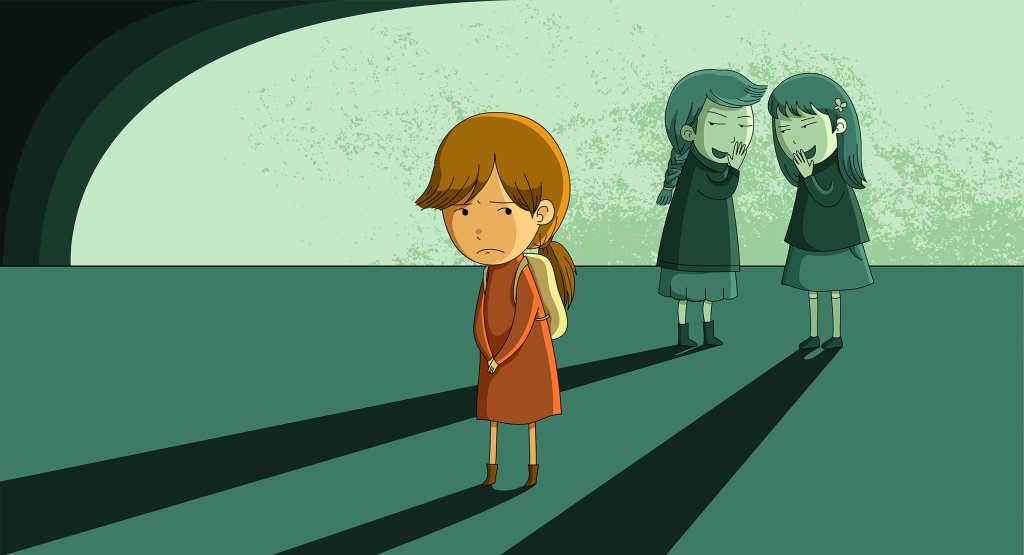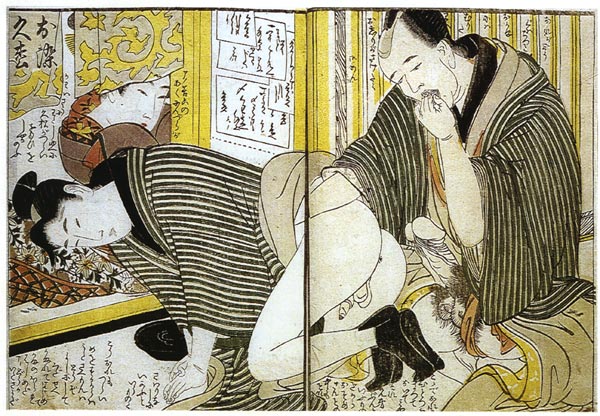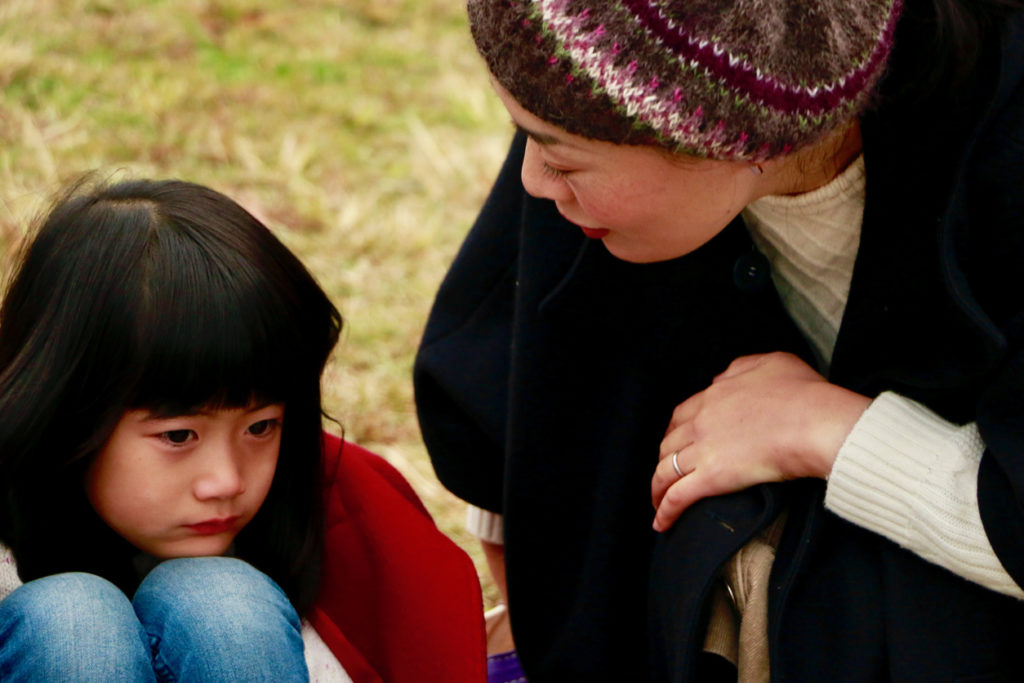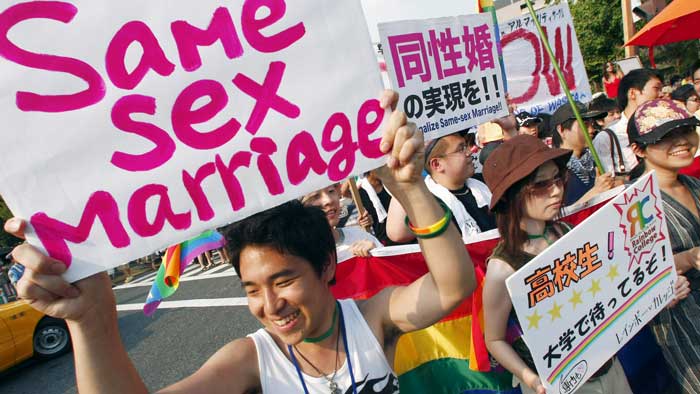In March 2020, a 35-year-old, Japanese resident filed a lawsuit against the Shinjuku Ward Office to the Tokyo District Court for 1.5 million yen (approx. $13,000 USD) in damages for the unlawful disposal of his hormonal agents by a staff member of a Shinjuku Ward Welfare Office. The seizure of the hormones occurred in response to a complaint by the plaintiff’s mother. The reason cited was “They haven’t been prescribed by a doctor.” In October 2021, the two parties reached a settlement in what was termed “a violation of property rights” and the ward office expressed regret over not sufficiently confirming the man’s wishes. However there was no judgment made on whether the ward’s actions were illegal. So, I’m a bit confused. Did he win the case or not?
Furthermore, what is the legal precedent being set concerning the rights of transgenders?
In a strict society like Japan, where the slightest deviancy from what is accepted as “normal” can result in an individual being castigated into a state of societal-purgatory, can transgenders truly ever be accepted? The plaintiff in this case, whose name was withheld in the article by Mainichi Shimbun, expressed feelings of “loneliness” throughout his childhood as well as suffering from symptoms of depression. Since he was 3-years-old, he felt awkward about being treated as a girl. When he told his mother that he wanted to become a driver of a Shinkansen (Bullet Train), or that he wanted to wear pants instead of skirts, she scolded him by saying: “Act more like a girl!”
Ijime (Bullying)

Yamato-Damashii (大和魂) is a term coined during the Heian Period to juxtapose Japanese cultural values against those of the Tang Dynasty (618 – 907 A.D.) in China. The kanji characters literally mean, “Spirit of Great Harmony.” Anyone who dares to disturb the harmony is swiftly dealt with by oftentimes indirect means that may seem insignificant or light in the short-run but, if the person committing the transgression does not yield to the demands of the masses by doing what is expected, the pressure will continue to mount until one side eventually surrenders. In too many cases, the will of the individual is shattered with the unfortunate result being suicide (jisatsu), hermitage at a parent’s home (hikikomori), or living in alienation and dying all alone (kodokushi).

Although transgender lifestyles are nothing new in Japan, rarely have they been thrust into the spotlight as they are now with the advent of the LGBTQ+. All of the Japanese people (adults & teens) that I have discussed this issue with admitted they believe most parents would have a difficult time accepting their children as transgenders. For this reason, I was surprised by the results of an online survey carried out in 2020 by the PR giant, Dentsu Inc., which targeted sexual minorities. It stated that 10.9% of transgenders claimed their sexuality was not accepted by their fathers, while 12.4% said their sexuality was not accepted by their mothers. There were 7.8% who said that their fathers absolutely rejected their sexuality, while 6.8% said their mothers did the same. Honestly, I thought the numbers would be much higher.
Are these figures a good representation of what most Japanese are really feeling (honne)? Or, is this merely social window-dressing, a public façade the society wishes others to believe (tatemae)?

Tomoya Asanuma, the head of Trans Voice in Japan, a Tokyo-based organization that conducts awareness-raising activities, expressed his thoughts. “There are still a lot of parents who clash with their children over hormone treatments. Especially when the transgender person is a minor, the parents’ views tend to override that of the child. It is necessary to understand what kind of views the person holds, and respond with their best interests in mind.”
Once the rights of a child are entered into the equation, the issue is clouded even further. Perhaps this is a topic to address in the future. For now, however, the questions are: (1) Can traditional Japanese values, Yamato-Damashii, stand up to the test of time? (2) Will transgenders ever be officially accepted into the Japanese family-unit / society? This question links to what is probably the most important one of all. (3) Will Japanese continue with the mindset that I have commonly run across, which is they support transgenders living alternative lifestyles so long as these individuals are not in their own families? In other words, it’s okay as long as it is occurring somewhere “over there.” But when it comes to their own son, daughter, brother, or sister, well, this is altogether a whole different situation.

Takuan Amaru is the author of 21st Century Japan Decoded: the only Manual on Mental Health for Blacks in Japan.

by Takuan Amaru
In March 2020, a 35-year-old, Japanese resident filed a lawsuit against the Shinjuku Ward Office to the Tokyo District Court for 1.5 million yen (approx. $13,000 USD) in damages for the unlawful disposal of his hormonal agents by a staff member of a Shinjuku Ward Welfare Office. The seizure of the hormones occurred in response to a complaint by the plaintiff’s mother. The reason cited was “They haven’t been prescribed by a doctor.” In October 2021, the two parties reached a settlement in what was termed “a violation of property rights” and the ward office expressed regret over not sufficiently confirming the man’s wishes. However there was no judgment made on whether the ward’s actions were illegal. So, I’m a bit confused. Did he win the case or not?
Furthermore, what is the legal precedent being set concerning the rights of transgenders?
In a strict society like Japan, where the slightest deviancy from what is accepted as “normal” can result in an individual being castigated into a state of societal-purgatory, can transgenders truly ever be accepted? The plaintiff in this case, whose name was withheld in the article by Mainichi Shimbun, expressed feelings of “loneliness” throughout his childhood as well as suffering from symptoms of depression. Since he was 3-years-old, he felt awkward about being treated as a girl. When he told his mother that he wanted to become a driver of a Shinkansen (Bullet Train), or that he wanted to wear pants instead of skirts, she scolded him by saying: “Act more like a girl!”
Ijime (Bullying)

Yamato-Damashii (大和魂) is a term coined during the Heian Period to juxtapose Japanese cultural values against those of the Tang Dynasty (618 – 907 A.D.) in China. The kanji characters literally mean, “Spirit of Great Harmony.” Anyone who dares to disturb the harmony is swiftly dealt with by oftentimes indirect means that may seem insignificant or light in the short-run but, if the person committing the transgression does not yield to the demands of the masses by doing what is expected, the pressure will continue to mount until one side eventually surrenders. In too many cases, the will of the individual is shattered with the unfortunate result being suicide (jisatsu), hermitage at a parent’s home (hikikomori), or living in alienation and dying all alone (kodokushi).

Although transgender lifestyles are nothing new in Japan, rarely have they been thrust into the spotlight as they are now with the advent of the LGBTQ+. All of the Japanese people (adults & teens) that I have discussed this issue with admitted they believe most parents would have a difficult time accepting their children as transgenders. For this reason, I was surprised by the results of an online survey carried out in 2020 by the PR giant, Dentsu Inc., which targeted sexual minorities. It stated that 10.9% of transgenders claimed their sexuality was not accepted by their fathers, while 12.4% said their sexuality was not accepted by their mothers. There were 7.8% who said that their fathers absolutely rejected their sexuality, while 6.8% said their mothers did the same. Honestly, I thought the numbers would be much higher.
Are these figures a good representation of what most Japanese are really feeling (honne)? Or, is this merely social window-dressing, a public façade the society wishes others to believe (tatemae)?

Tomoya Asanuma, the head of Trans Voice in Japan, a Tokyo-based organization that conducts awareness-raising activities, expressed his thoughts. “There are still a lot of parents who clash with their children over hormone treatments. Especially when the transgender person is a minor, the parents’ views tend to override that of the child. It is necessary to understand what kind of views the person holds, and respond with their best interests in mind.”
Once the rights of a child are entered into the equation, the issue is clouded even further. Perhaps this is a topic to address in the future. For now, however, the questions are: (1) Can traditional Japanese values, Yamato-Damashii, stand up to the test of time? (2) Will transgenders ever be officially accepted into the Japanese family-unit / society? This question links to what is probably the most important one of all. (3) Will Japanese continue with the mindset that I have commonly run across, which is they support transgenders living alternative lifestyles so long as these individuals are not in their own families? In other words, it’s okay as long as it is occurring somewhere “over there.” But when it comes to their own son, daughter, brother, or sister, well, this is altogether a whole different situation.

Takuan Amaru is the author of 21st Century Japan Decoded: the only Manual on Mental Health for Blacks in Japan.
